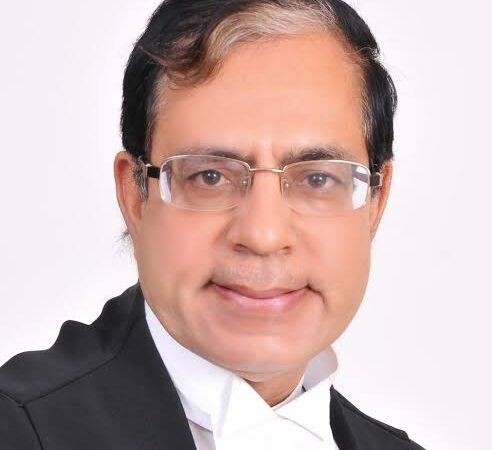A Master of Laws (LL.M.) is a postgraduate degree designed to help law graduates to improve their academic legal understanding. With the Master of Laws, you have complete control over your specialised stream of the field. The curriculum has been purposefully created to be an innovative, adaptable programme that allows you to tailor your studies to your particular areas of interest and can lead to professions as a paralegal, legal secretary, legal executive, teacher, and more. Because of the program’s design, you can select Specialization depending on the area of your interest and the factors that are most essential to you. Through common-law discussions, moot court training, research paper presentation in, seminars, debates and much more, we prepare students for Judicial Services, legal firms, courts, public sectors, corporate sectors and NGOs.
If you’re an educational professional who are looking to progress into Law and Legal consultancy, or an educational planning or development role, this is the best degree for you.
LL.M is a two–year (four semesters) full time, self–financed course. Admission to this programme is through entrance test organized by the University. The Institute provide the said degree in the following Concentrations:
Advocacy is one of the chief professions chosen by LLB graduates or LLM postgraduate. Students choosing this path can practice in the courts. After qualifying the examination conducted by the All-India Bar council, they enrol with All India Bar Council; they can opt to practice in any court across the country. Basic salaries for fresher’s start from 30,000/- per month whereas experienced lawyers can earn more than 1 lakh per month. These salaries are for lawyers practicing in the lower courts. Supreme Court lawyers earn as much as INR 50,00,000 for an appearance
Students are also free to work for the judicial machinery of Country as a Judge or Magistrate. This requires them to pass a judicial Services examination conducted by the Public Service Commission. Careers start as Magistrate, Sub-judge, or Munsif and the recruitments are through the Public Service Commission or under the supervision of the High Court. The Magistrate judges the Criminal cases and a Sub Judge decides the Civil Cases. Through promotion, these judges could become district judges and attain higher posts the pinnacle of which is the Chief Justice of India.
Arbitration enables opposing parties to settle a dispute out of court. An arbitrator, working independently or as part of a small panel, holds hearings, reviews evidence and renders decisions. These proceedings are like a trial, but more private and less formal. Since the decisions through Arbitration is faster, resolution of corporate disputes are usually pursued through this path. Earning a bachelor’s degree is the first step toward a career in arbitration. Highly experienced lawyers or business professionals with extensive knowledge of a particular industry or body of law are appointed as Arbitrators and is highly lucrative. Arbitration specialties include construction, real estate, insurance and labour relations.
Corporate law is a study of legal and external affair matters, Merger and Acquisitions (M&A) and how shareholders, stakeholders, consumers and other parties involved in transaction interact with each other internally through corporate governance and externally through commercial transaction. Corporate lawyers could represent a corporation, a partnership association and advise them of their legal rights and duties. Corporate lawyers could be working for a medium or a large law firm or a regulatory body like SEBI, IRDAI or RBI.
Fee Structure
| Sr. No. | Particulars | Amount (₹) |
|---|---|---|
| 1. |
Application Form (1st year only) |
600/- |
| 2. |
Academic Fee (Every year) |
50,000/- |
| 3. | Library | Included |
| 4. | Sports | Included |
| 5. | Online Classes | Included |
| 6. | University Exam Fee | Payable to University as per University norms. |
Eligiblity Required
How to Apply
There are several reasons why someone might consider pursuing a LL.M (Master of Law) program. Here are a few:
Overall, pursuing a LL.M. postgraduate program can be a great choice for someone interested in the teaching or legal profession and looking for a comprehensive legal education.
Education took us from thumb Impression to signature; Technology has taken us from signature to thumb impression, again.
Justice A. K. Sikri
